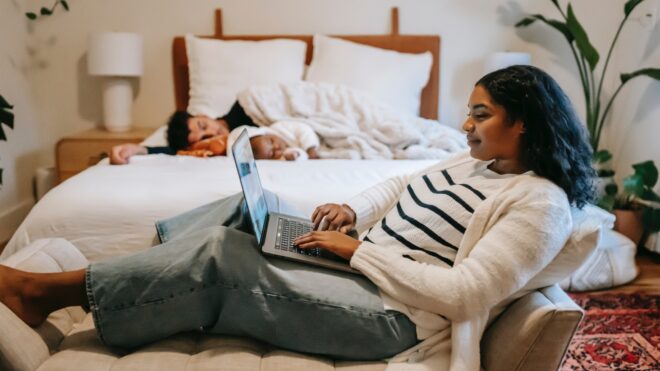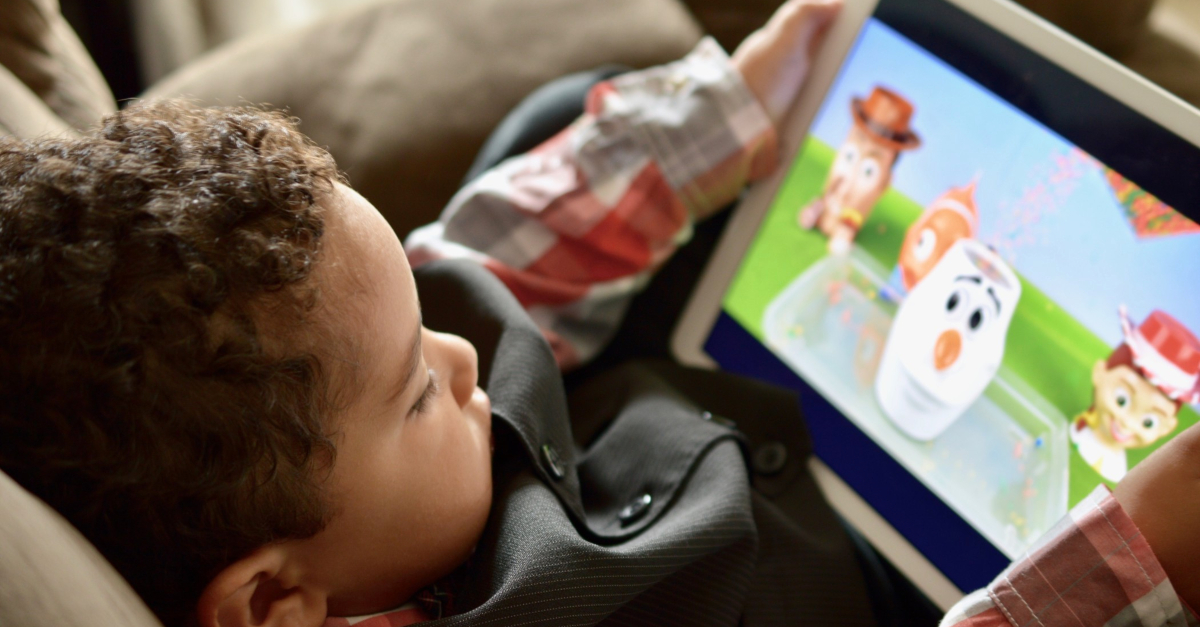
I don’t even remember how it happened. One day, there he was: My precious toddler was curled up in the nook formed by the couch and the ottoman with a tablet in his little hands. His pouted-lip look meant he was focused and entertained. Some upbeat pop version of the alphabet sounds song was keeping him entertained. For 20 minutes, he wasn’t chasing the dog around the house to ride him like a pony. He wasn’t “reorganizing” the living room bookshelves. There was a peace and calm in the home for those moments in time. Perhaps, even, he was learning on this tablet. Maybe screen time isn’t exactly a four-letter word.
The alarmist response to toddlers with tablets isn’t completely unfounded. Our kids deserve our attention. They deserve to interact with us and be an active part of the world around them. When their eyes are glued to a screen, how can they do these things?

It’s how you utilize the screen time that matters. My now 3-year-old has a tablet that is specially designed for kids. He has access to educational videos and a few educational games. The entire world of the internet is not open to him. Not even my teen has earned that kind of responsibility yet.
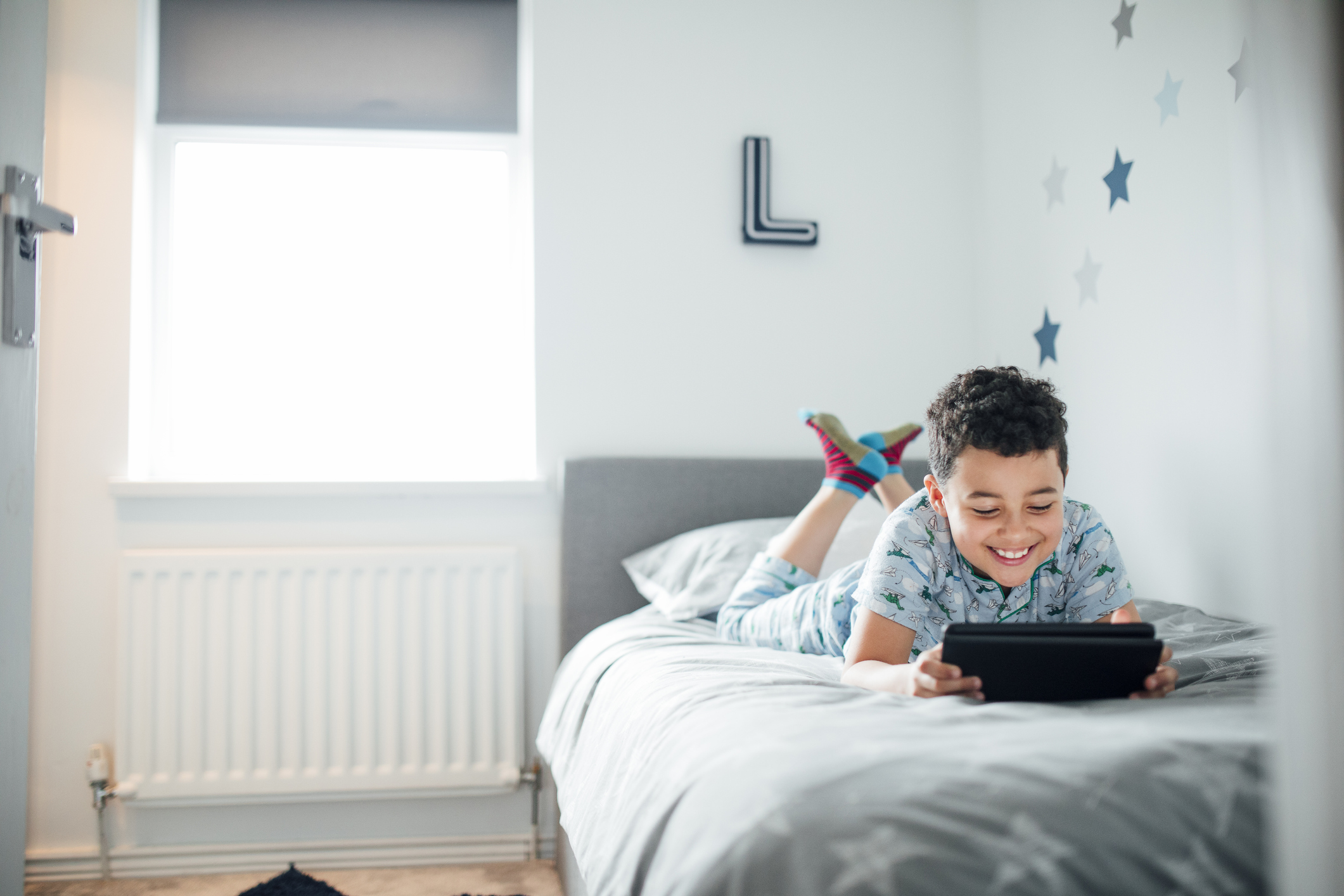
When he is sitting with his tablet, he's not spending mindless time watching the hyper high jinks of silly cartoon characters doing nothing of value. He’s learning about age-appropriate math and science and gaining reading skills in a visual, engaging way that sticks. He can tell you the types and definitions of the geometric shapes. It’s pretty cute to listen to a toddler tell you a rhombus is his favorite shape and that an octagon has eight sides.
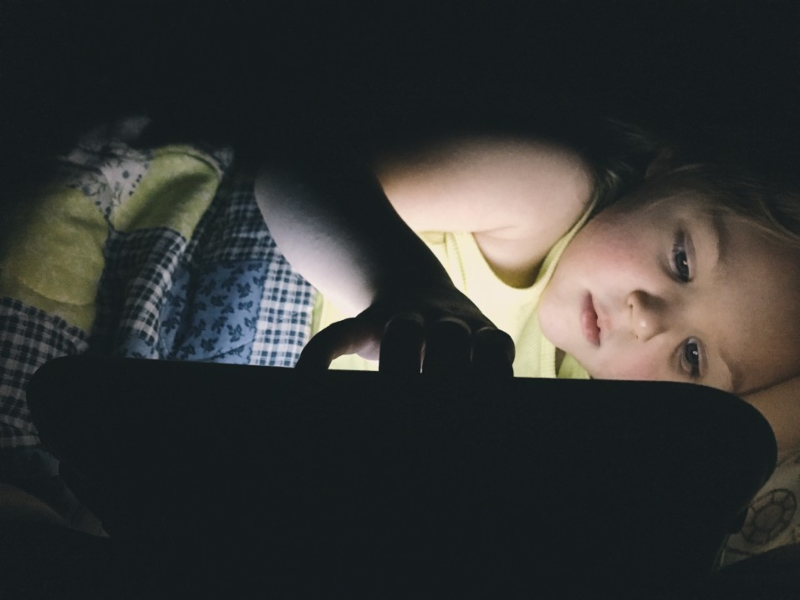
Of course, kids need boundaries and limits. The American Academy of Pediatrics (AAP) recommends no more than one hour of screen time for children under the age of 5. Because screen time includes all screens — television, smartphones, and tablets — I choose wisely. Tablet time is limited to 20 to 30 minutes a day for the little one.
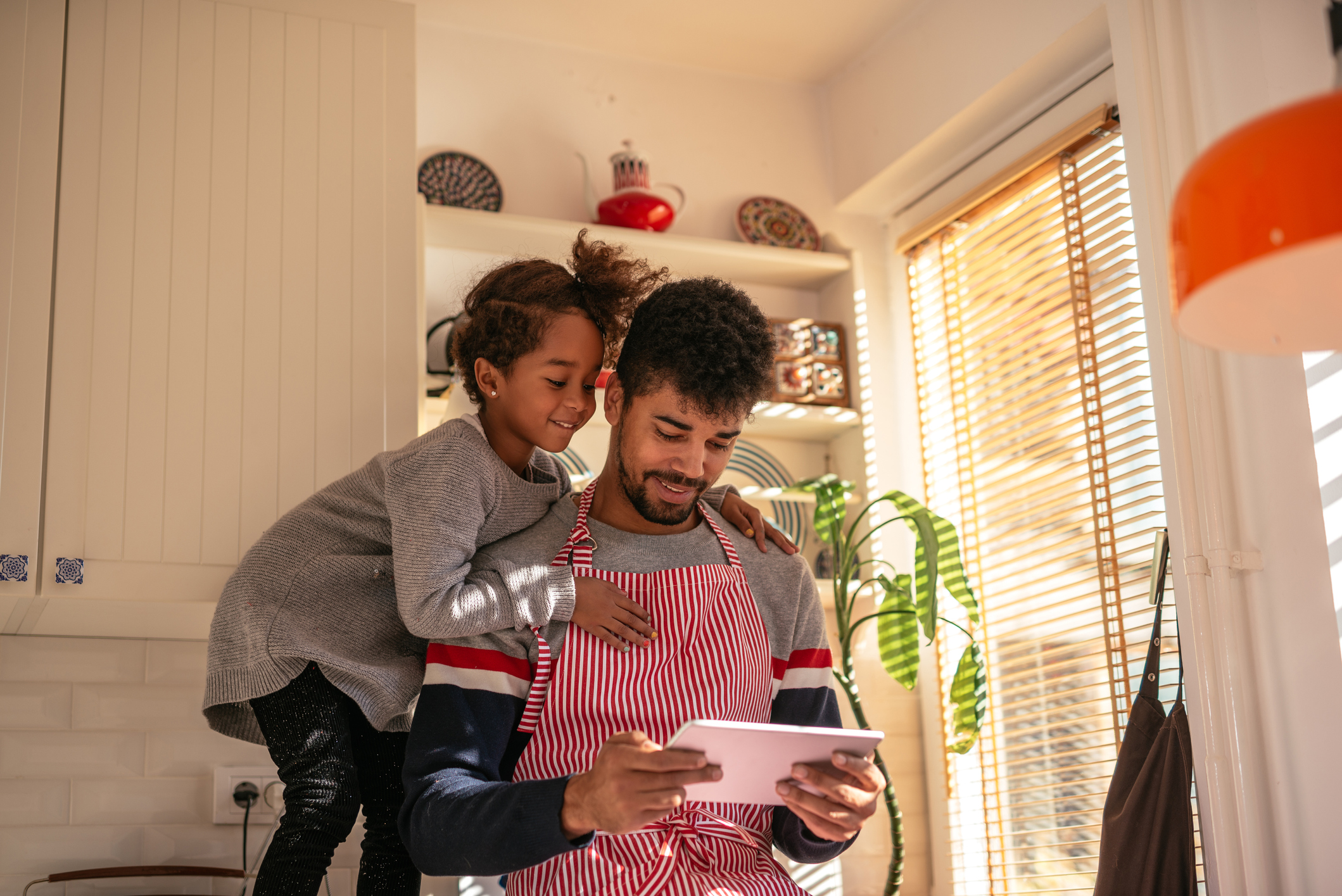
The kids don’t have unlimited, on-demand access, either. That means the tablet lives in mom and dad’s room and not out in the open. We also have screen-free zones. Tablets never come to the table, and screen time within an hour before bed is an automatic “no.” Family time is family time, and bedtime is bedtime.

It’s also about how you don’t use the screen time that matters. The privilege of using a tablet is not a bribe. It's a slippery slope to say, “If you eat your vegetables, you can have tablet time,” or, “If you stop crying, I’ll give you 10 more minutes.” Young kids need to learn internal coping skills. If a tablet becomes a tool to get a wanted behavior, what happens when the tablet isn’t around?

My little guy doesn’t sit perfectly still in the grocery store cart. He squirms, he wants out, and I let him out. The tablet and the smartphone don’t come out, because I know he’s doing what’s age-appropriate for a 3-year-old. Instead of using the screen to get him to adhere to unreasonable expectations, I adjust my expectations. And the tablet stays the novelty that it should be.
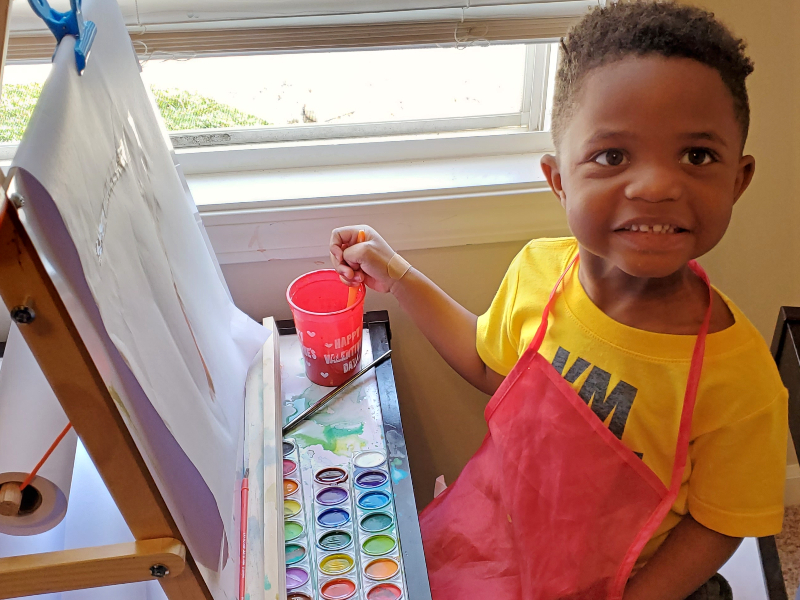
My 3-year-old uses a tablet, and as long as I use my best parenting judgment, that’s perfectly fine. He's also a budding artist, animal lover, amateur basketball player, and solar system expert in training. His tablet is a small but beloved part of his day. We are raising kids in a digital world, and we might as well teach and model responsible use.
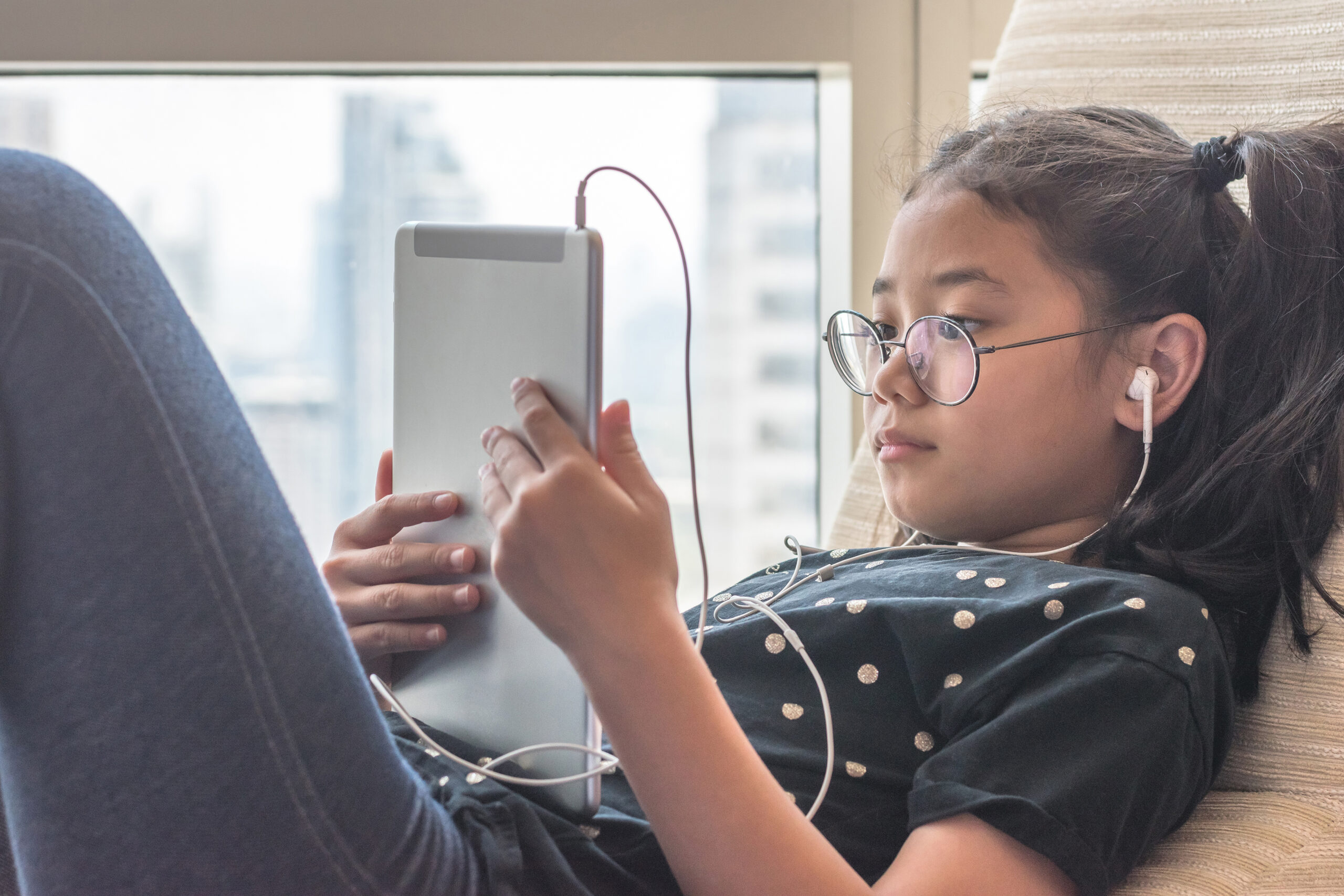
There’s always going to be controversy over screen time and tablet use for young children. It’s just one more thing on a list of a million things that parents are tasked with making the perfect decision about. Just like the other 999,999 things on the list, there’s no single right answer.


